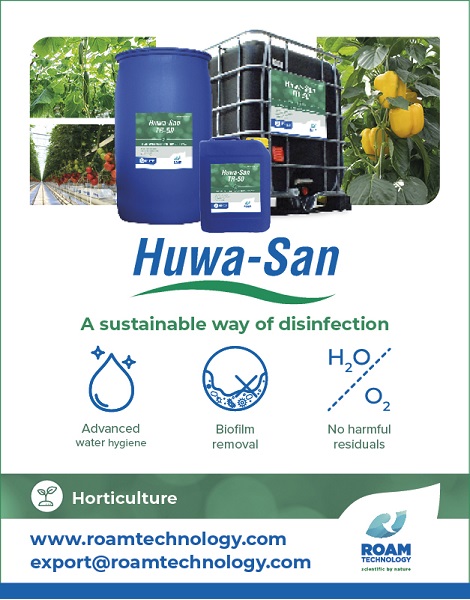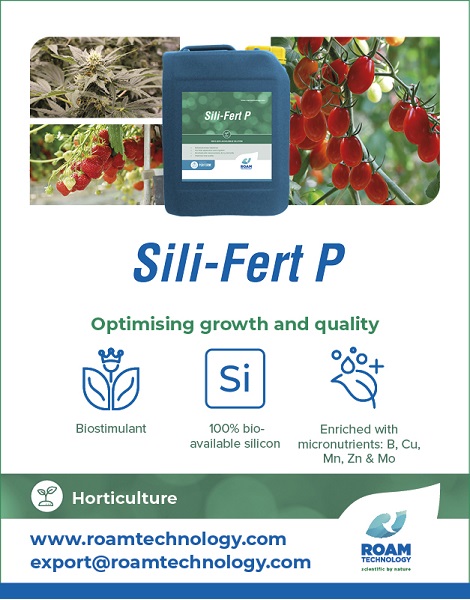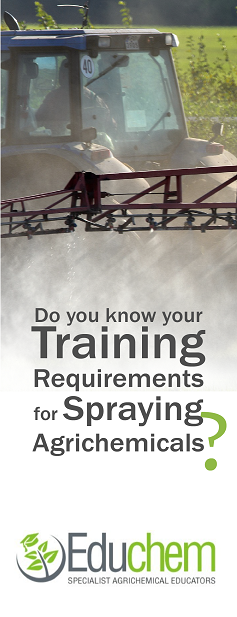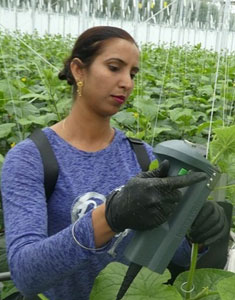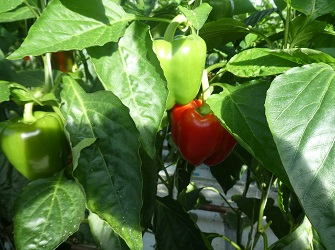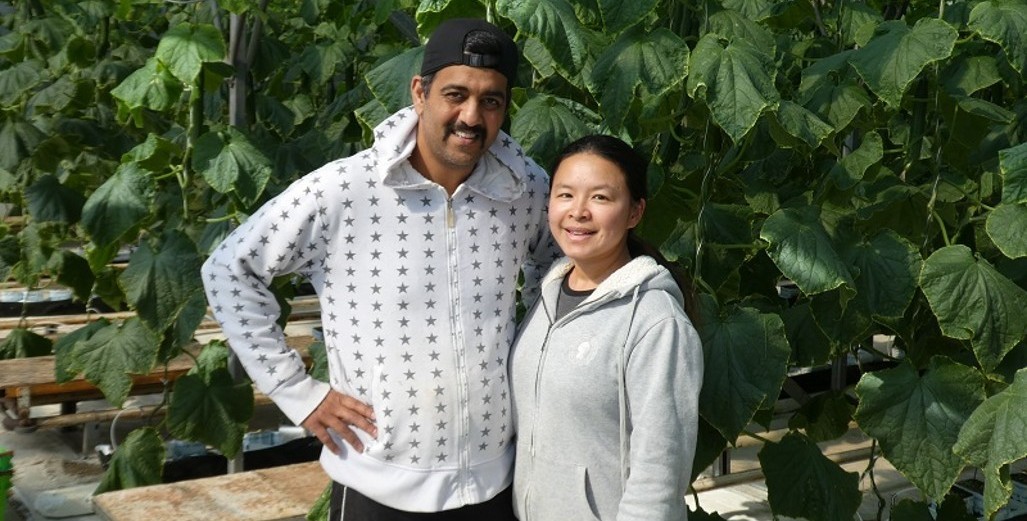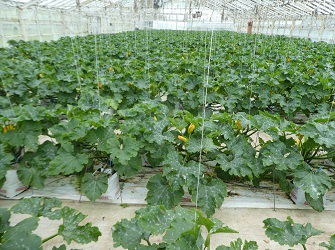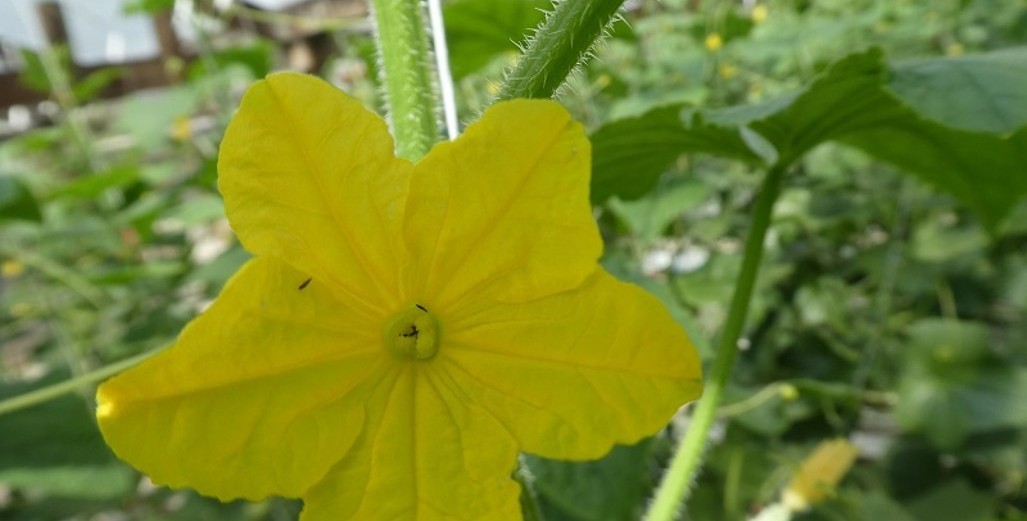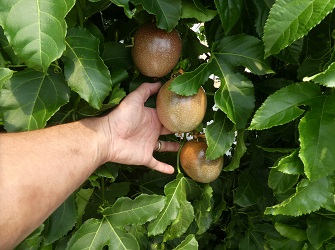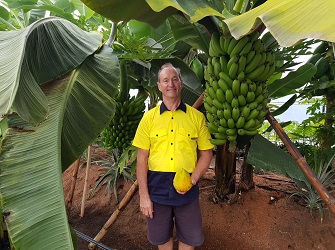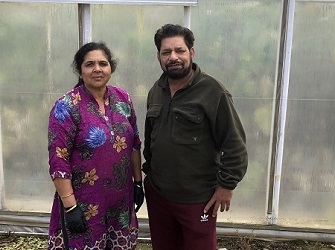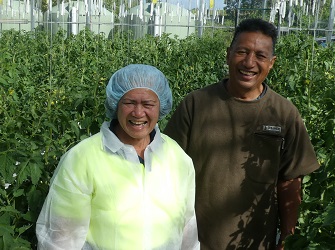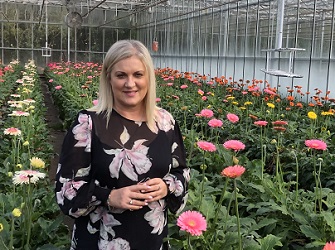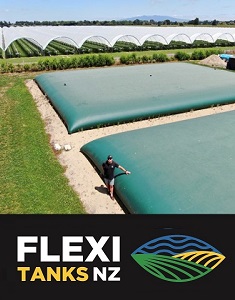Sign up here to subscribe to the Grower2grower Ezine. Every two weeks you will receive new articles, specific to the protected cropping industry, informing you of industry news and events straight to your inbox.
Nov 2022
Work with others or go alone?
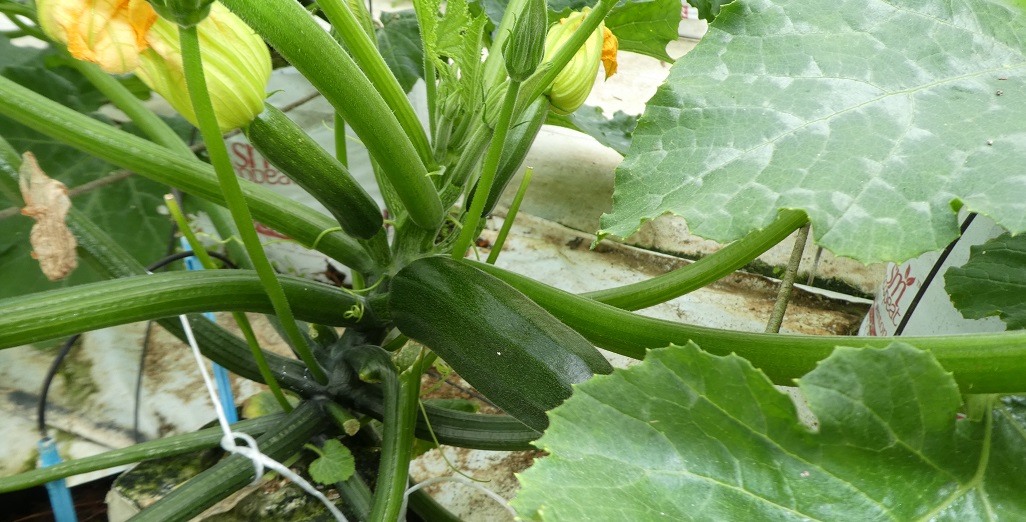
An invitation to growers interested in participating in the last stage of a study
Julio Botero PhD-C student from Lincoln University is in the final stage of his doctoral studies and is asking growers to participate to the final stages of his study. Please read the article below
If you have a good product, a good marketing strategy, and a good manager, you will surely be successful, right? Well, not necessarily. The business landscape in New Zealand’s horticulture sector ranges from small, single-owner ‘craft’ enterprises with relatively simple supply chains to large, vertically integrated organisations with complicated international logistical operations. Often, these larger organisations started small and grew to their present form.
Typically, the growth of a sector or individual business is attributed to the production side of things, such as investment in new varieties, improvements to growing techniques, and changes to harvest and post-harvest practices. One part of the growth equation that is often overlooked is the business arrangements behind our production systems. New Zealand’s horticulture business ecosystem draws on an array of potential investment and ownership options and contractual arrangements that allow individual owners and organisations to access capital, expertise and scale that allows their businesses to thrive and grow.
If the horticulture sector in New Zealand is to achieve its growth aspirations, it is essential to understand what drives the business arrangements that make all the production potential possible. To help answer this question, current research at Lincoln University is looking at business structures and relationships in the horticulture sector. In particular, the research is focused on understanding the preferred business arrangements of horticultural producers and how this relates to business arrangements that enable businesses to thrive. The ultimate objective is to enable producers or sectors to move from ‘craft’ businesses to successful national and export businesses.
Initial research has looked at the types of companies operating in the New Zealand horticulture sector, and the study has identified five types of businesses:

Among these types of businesses, there are two interesting behavioural patterns. Business owners who prefer working together with people from across the industry. These growers have more experience in different ownership structures and governance practices and are more engaged with other growers and industry bodies. They also described their performance as above average. These growers believe that working alongside others might result in better business opportunities.
The other group of businesses prefer to work alone. These are growers with less or null experience with ownership structures or governance practices. Consistently, they described their performance as below average. Interestingly, they have mentioned they like to be cautious when working with other growers and only share information after signing non-disclosure agreements or when they might get access to more information.
For the final stage of the research, we want to understand the potential structures that link preferences and success. To do so, we need your help! If you want to be part of this project, please click this link or scan the QR. Your contribution will be greatly appreciated. Once we finish the project, we will send you an industry report with the main findings, conclusions, and recommendations.

Please contact Julio for more information.
––––––––––––––––––––––––––––––––––
Julio Botero
PhD-C
Global Value Chains and Trade
––––––––––––––––––––––––––––––––––
Faculty of Agribusiness and Commerce
––––––––––––––––––––––––––––––––––
Lincoln University
Te Whare Wānaka o Aoraki
––––––––––––––––––––––––––––––––––
CLASSIFIED
Photo
Gallery
Subscribe to our E-Zine
More
From This Category

TNZ Mini Conference August 2024
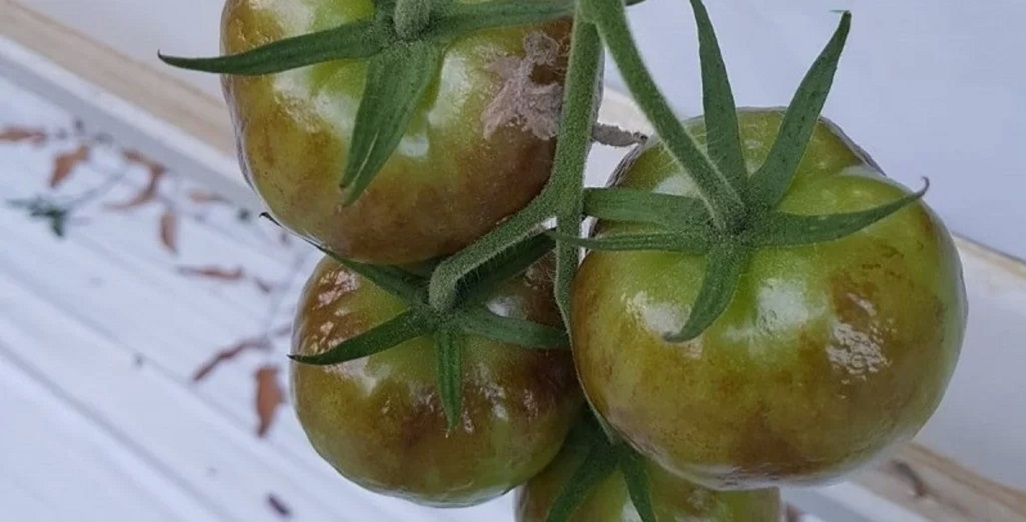
MPI – decision to temporarily suspend all Imported Australian fresh Tomatoes the correct one.

Plant & Food Research welcomes changes to gene technology regulations
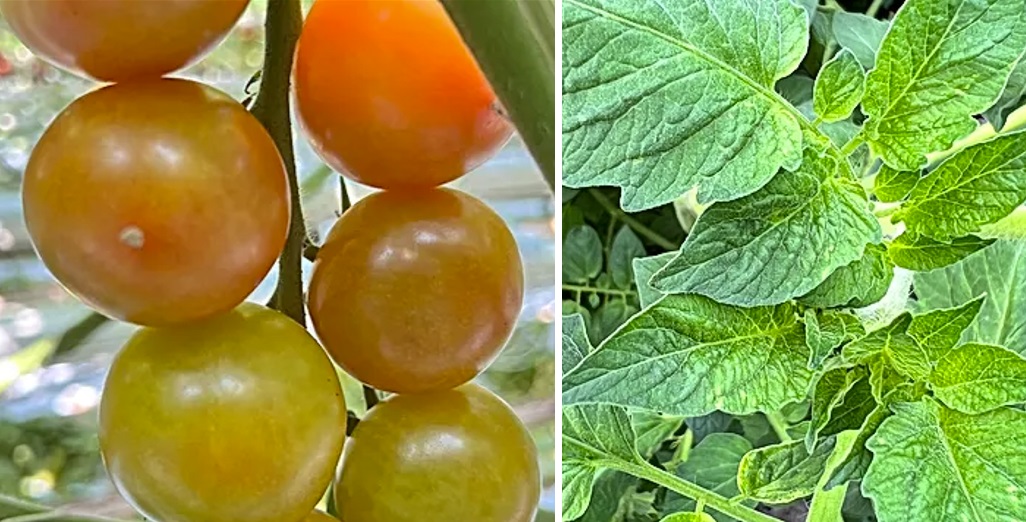
Tomato grower applies Tobre after contamination
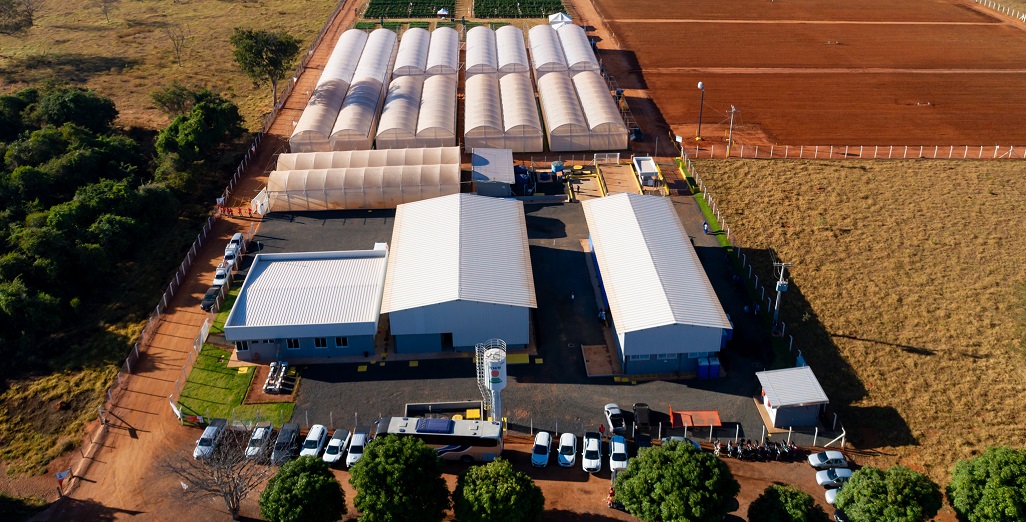
KWS inaugurates new R&D facility in Uberlândia, Brazil







